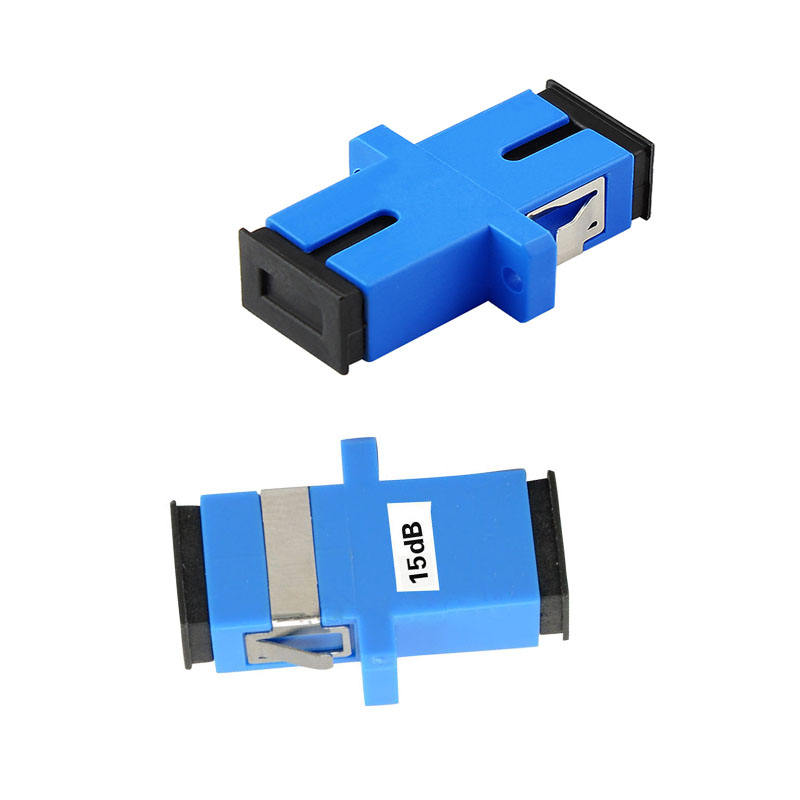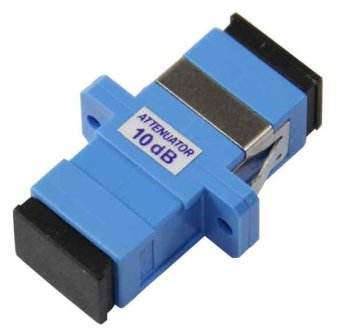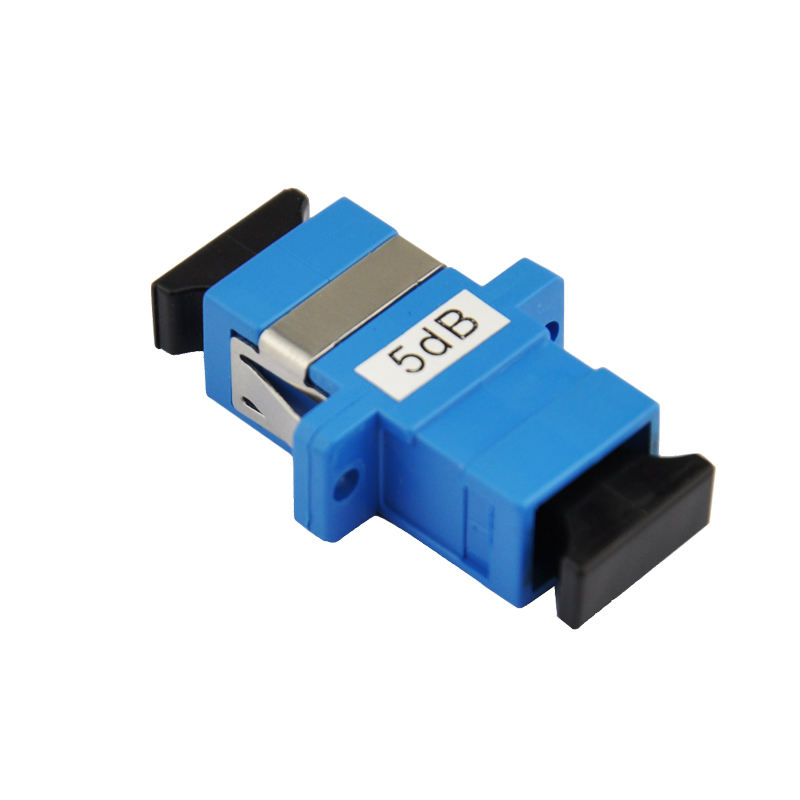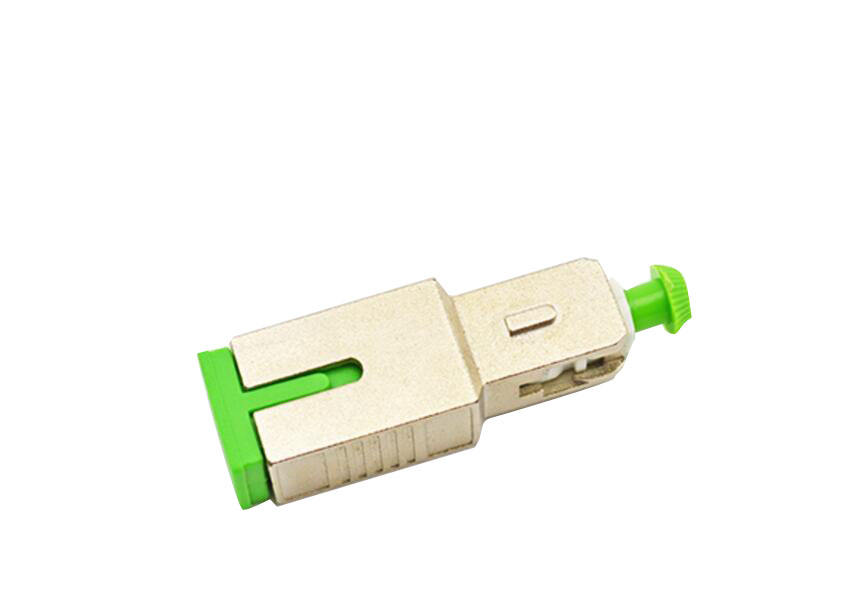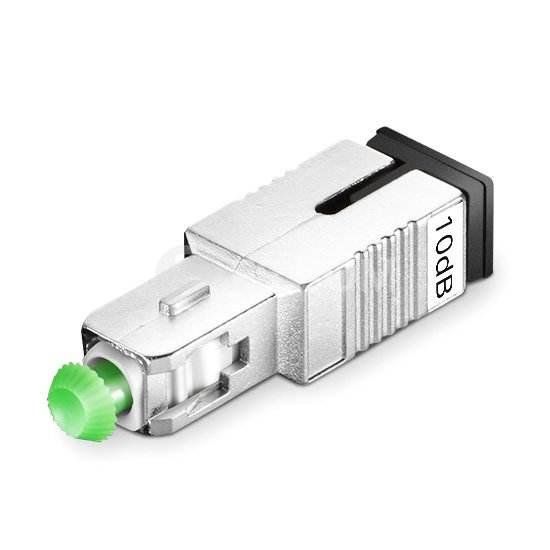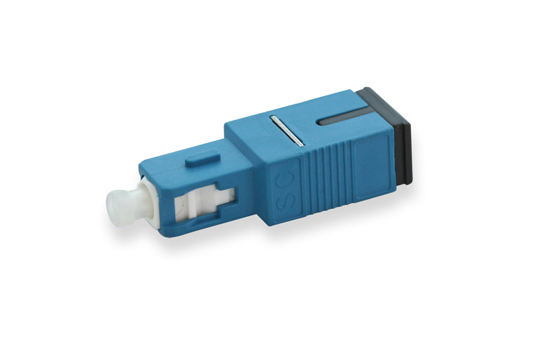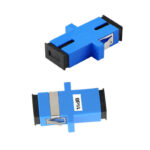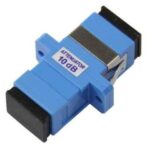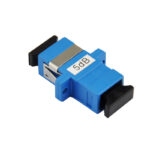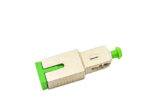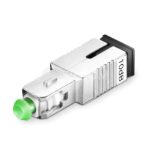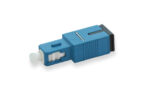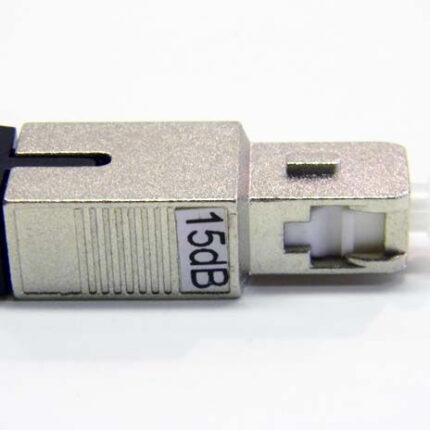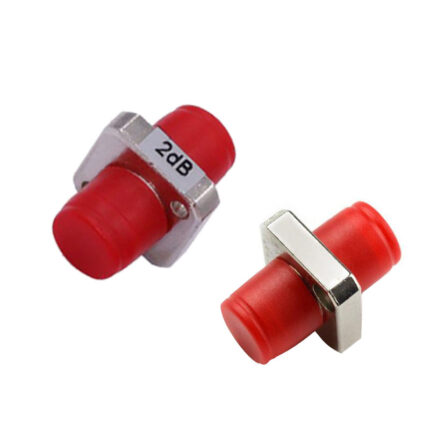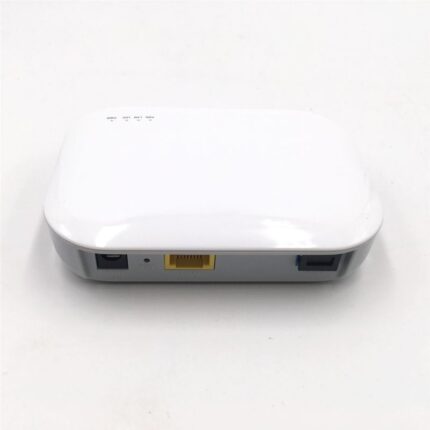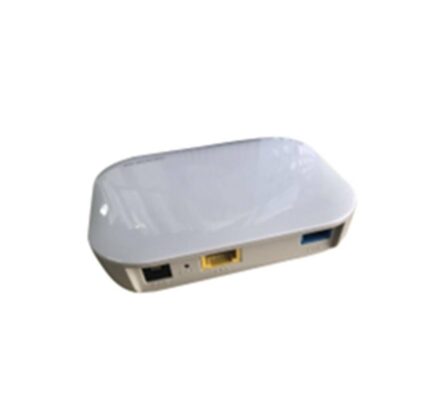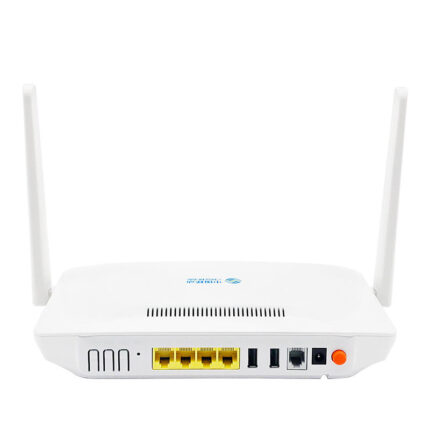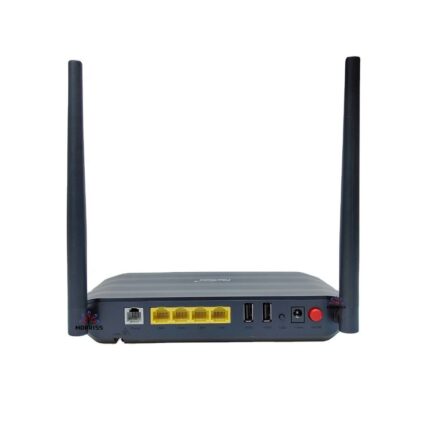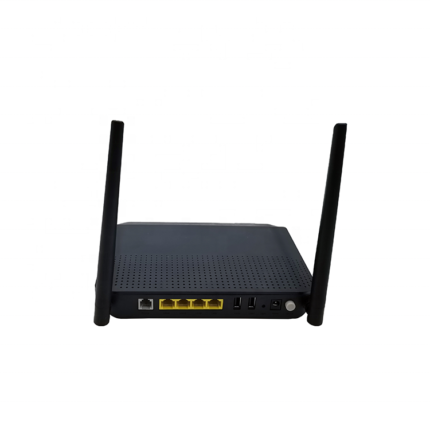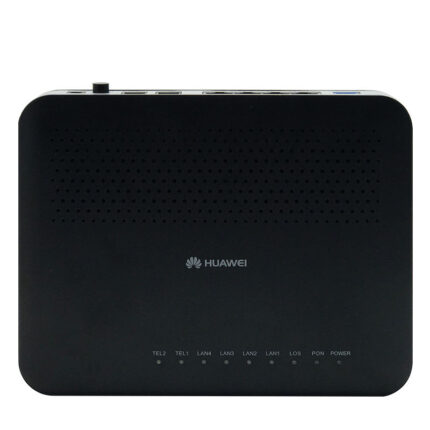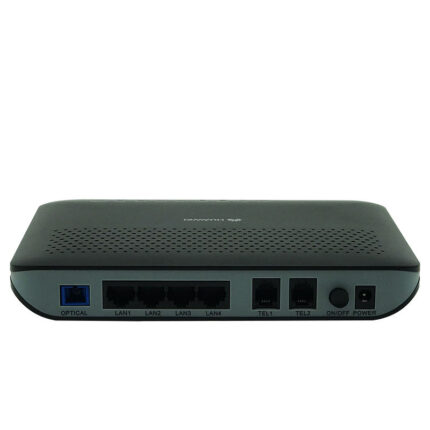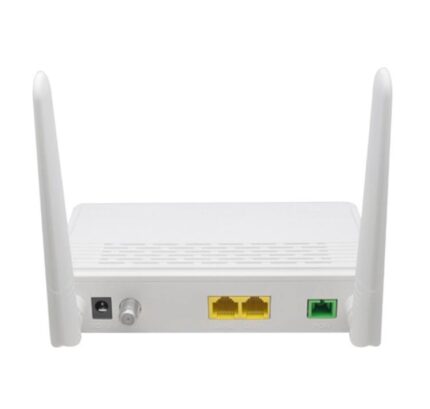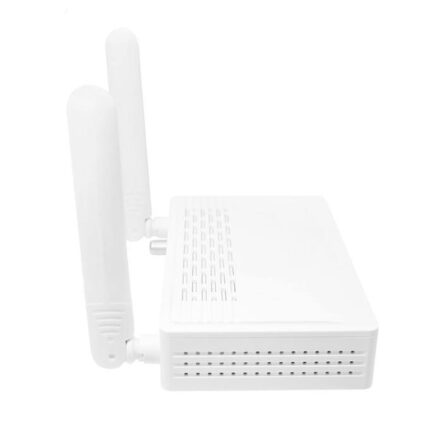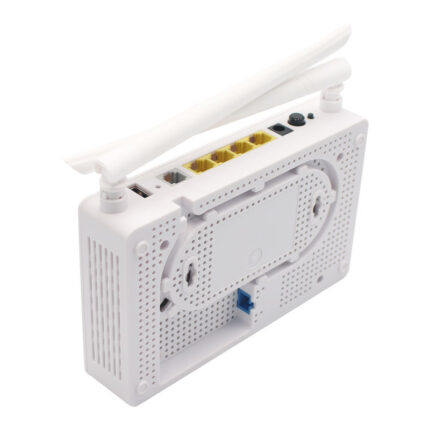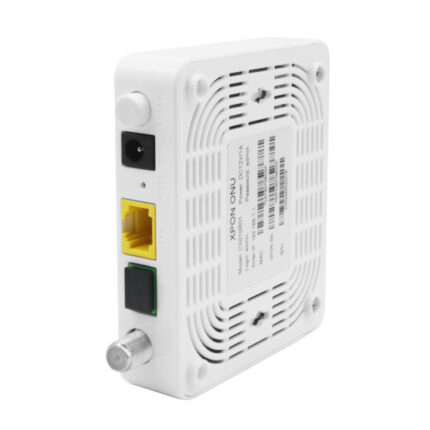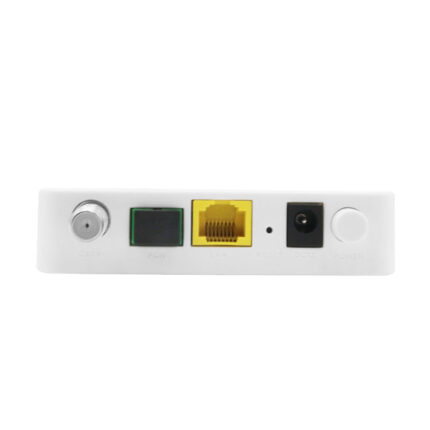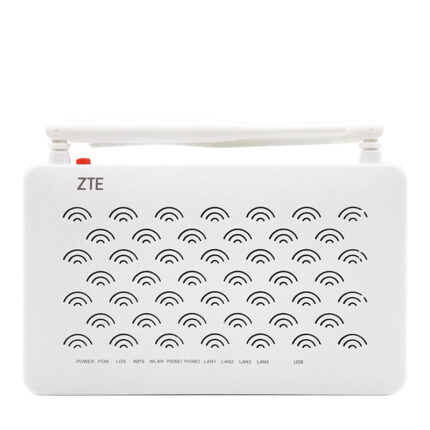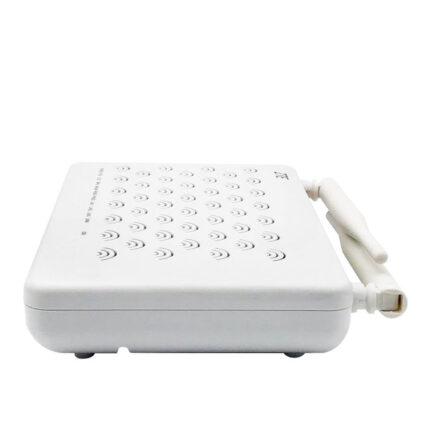SC/UPC Fiber Optic Introduction
The SC/UPC Fiber Optic with an SC/UPC (Subscriber Connector/Ultra Physical Contact) interface is a crucial component in fiber optic communication systems. It is designed to manage the power level of an optical signal, ensuring that it is within the desired range for optimal performance. The 3dB attenuation specification indicates a fixed reduction in signal strength, making it suitable for applications where precise control of signal power is necessary.
Key Features
- SC Connector
- Design: The SC connector features a snap-in push-pull mechanism, making it easy to connect and disconnect.
- Compatibility: Widely used in various fiber optic networks due to its standard size and ease of use.
- Durability: Built to withstand multiple insertions and provide consistent performance.
- UPC Polish (Ultra Physical Contact)
- Low Return Loss: The UPC polish minimizes the amount of reflected light, reducing signal degradation and ensuring higher quality transmission.
- High-Performance: Ensures low insertion loss, which is crucial for maintaining signal integrity.
- Adjustable Attenuation
- Flexibility: SC/UPC Fiber Optic Allows for precise control of attenuation levels, accommodating different network requirements and conditions.
- Range: Although this overview focuses on the 3dB setting, the adjustable nature means it can be tuned to other values as needed within its operational range.
- Ease of Adjustment: Typically features a mechanism that allows for quick and easy adjustments to the attenuation level.
- Fixed 3dB Attenuation Setting
- Consistency: Provides a reliable 3dB reduction in signal strength, which is essential for maintaining consistent performance across the network.
- Application Specific: Ideal for scenarios where a specific reduction level is needed to balance the signal power without causing receiver overload.
Applications
- Telecommunications: SC/UPC Fiber Optic Ensures that the signal power is within the optimal range, preventing issues related to excessive signal strength.
- Data Centers: Balances signal levels in high-density environments, helping maintain efficient and reliable data transmission.
- Broadcasting: Controls optical signal levels to ensure clarity and quality in broadcast networks.
- Testing and Measurement: Used in labs and field environments to simulate different signal conditions and validate system performance.
Benefits
- Enhanced Network Performance
- Optimal Signal Levels: Prevents receiver saturation by reducing signal power to the desired level.
- Improved Signal Integrity: Minimizes signal degradation through precise attenuation control.
- Flexibility and Versatility
- Adjustable Design: SC/UPC Fiber Optic Provides the ability to fine-tune the attenuation as network conditions change, offering greater flexibility compared to fixed attenuators.
- Multiple Use Cases: Suitable for various environments, including long-haul networks, local area networks (LANs), and metro networks.
- Durability and Reliability
- Robust Construction: Designed to withstand harsh environmental conditions and repeated handling.
- Long Lifespan: Ensures consistent performance over time, reducing the need for frequent replacements.
The SC adjustable attenuator with an SC/UPC interface and a 3dB fixed attenuation setting is an essential component for managing optical signal power in fiber optic networks. Its adjustable nature, combined with the reliable SC/UPC connector, makes it a versatile tool for ensuring optimal network performance. Ideal for telecommunications, data centers, broadcasting, and testing applications, this attenuator offers flexibility, durability, and precise control of signal levels, making it a valuable addition to any fiber optic infrastructure.
| Explore More: |
| Adapter SC-FC |
| Adapter FC-PC |
| SC/UPC Adopter |
| Multi-mode LC/UPC |
| MPO Adapter |
